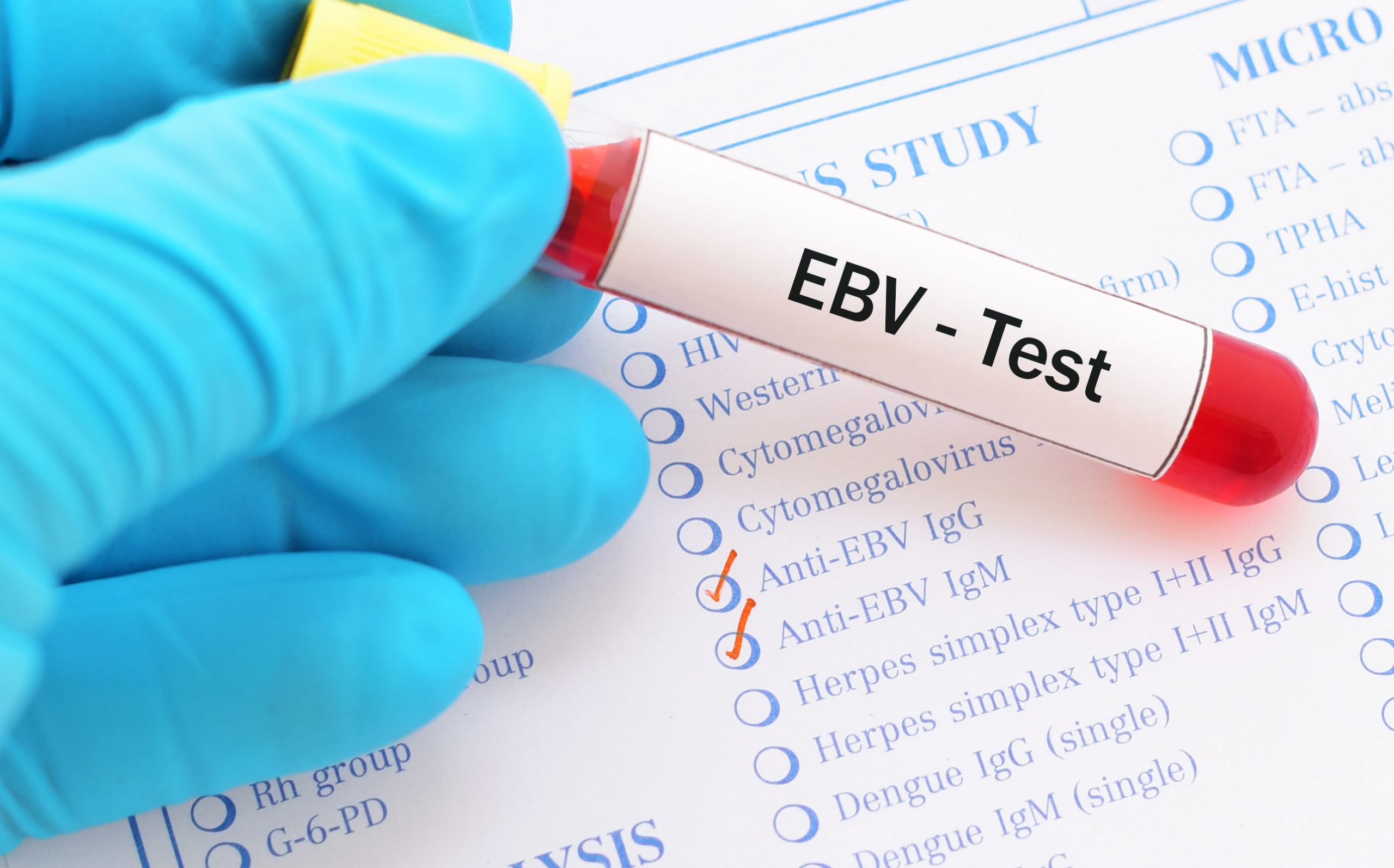Overlap of Epstein-Barr virus symptoms and long COVID suggests that the latter might indicate reactivation of the latent virus.
The presence of continued symptoms after an acute infection with COVID-19 or long COVID has become increasingly recognised and accepted. Typically, reported long covid symptoms have been varied and included fatigue, brain fog, sleep difficulties, myalgia and headaches. But could these symptoms be due to something else and not simply a systemic reaction to infection with the virus? This was the question posed by a team from the World Health Organization in a retrospective study of patients who presented with long covid. The team proposed that reactivation of the Epstein-Barr virus (EBV) might be a potential cause of long COVID symptoms.
The EBV is a ubiquitous virus, infecting approximately 90% of the worldwide population and 95% of healthy adults. Moreover, symptoms of EBV are known to include fatigue, brain fog, myalgia and headaches. Using online adverts, the team sought to recruit patients aged 21 years and over, who had recovered from COVID-19. In an effort to minimise bias, potential subjects were informed that the purpose of the study was to collect data related to their experience of having COVID-19 and nothing else. The researchers then divided subjects into two groups of long-term and short-term sufferers. In each of the two cohorts, one arm included symptomatic individuals, i.e., those reporting one or more recognised long COVID symptoms and the second arm served as a non-symptomatic control group. Both long-term group arms included those who had tested positive for COVID-19 at least 90 days prior to enrolment, whereas in the short-term group, participants had tested positive for the virus 21 – 90 days prior to enrolment. All subjects provided blood samples for analysis that were tested for markers of EBV infection which provided evidence of viral reactivation.
Findings
A total of 185 participants provided evidence of confirmed COVID-19 infection, of whom nearly a third (30.3%) reported continued covid symptoms at least 30 days after their positive test. There were 50 participants in the long-term COVID group (30 symptomatic) with an overall mean age of 43.8 years (76.7% female). There were 18 subjects (9 per group) in the short-term covid group with a similar age (70% female).
Among the symptomatic long-term group, 66.7% had evidence of EBV reactivation based on antibody titre levels compared to 10% in the control group and this difference was significant (p < 0.001). Similarly, among the short-term, symptomatic covid group, roughly two-thirds (66.7%) showed evidence of EBV reactivation with only one case in the short-term control group, which was also significant (p = 0.05).
Commenting on their findings, the authors suggested that while it was not possible to determine when EBV reactivation occurred, the presence of measurable antibody titre levels of the virus in those who were symptomatic with long covid, tentatively suggested that the infection with COVID-19 could reactivate EBV and this should be considered as a cause in a proportion of those with long COVID.
Citation
Gold JE et al. Investigation of Long COVID Prevalence and Its Relationship to Epstein-Barr Virus Reactivation. Pathogens 2021










